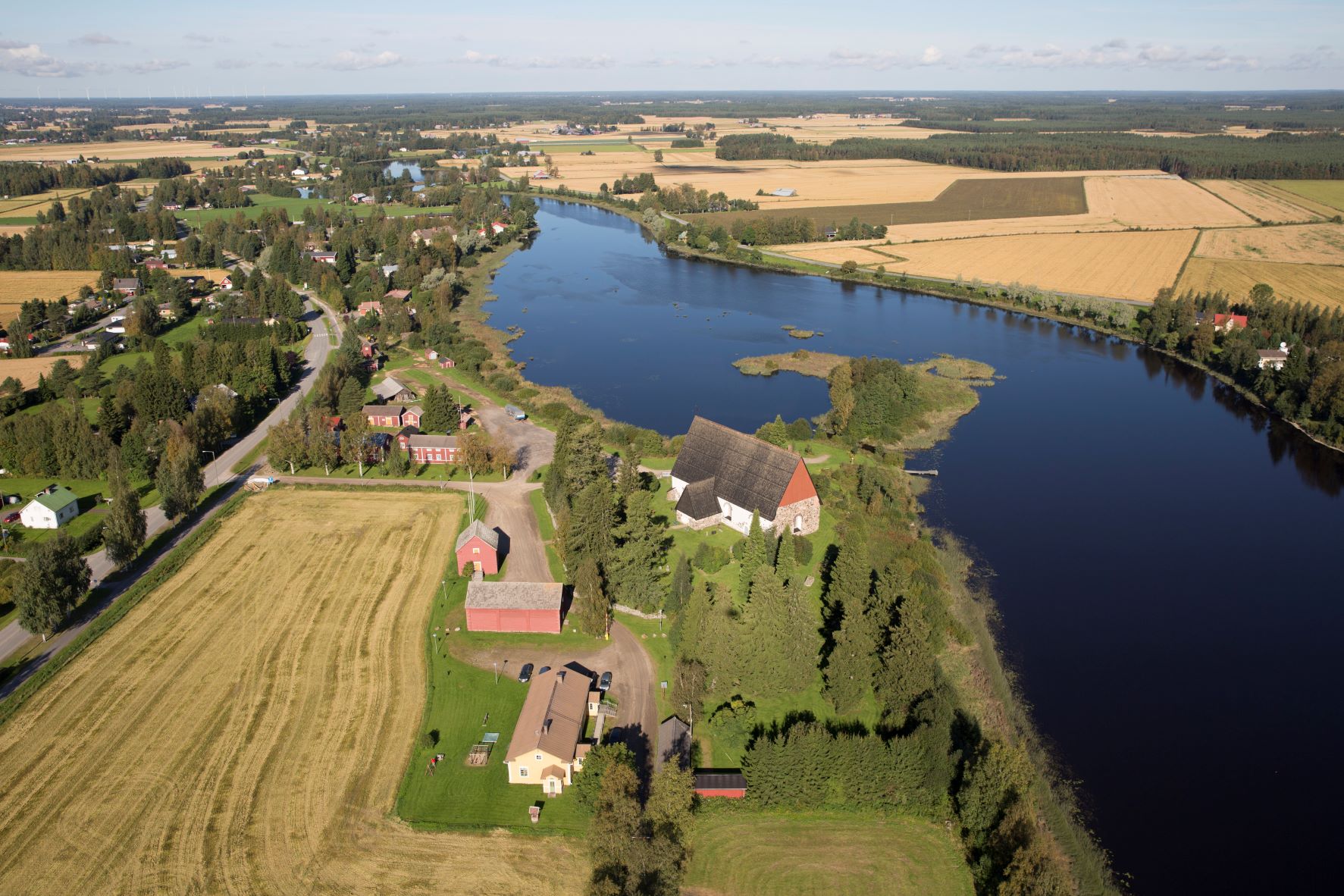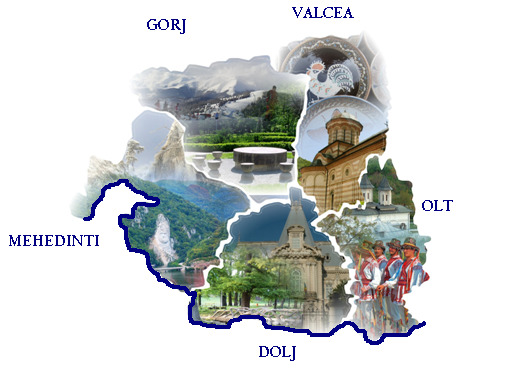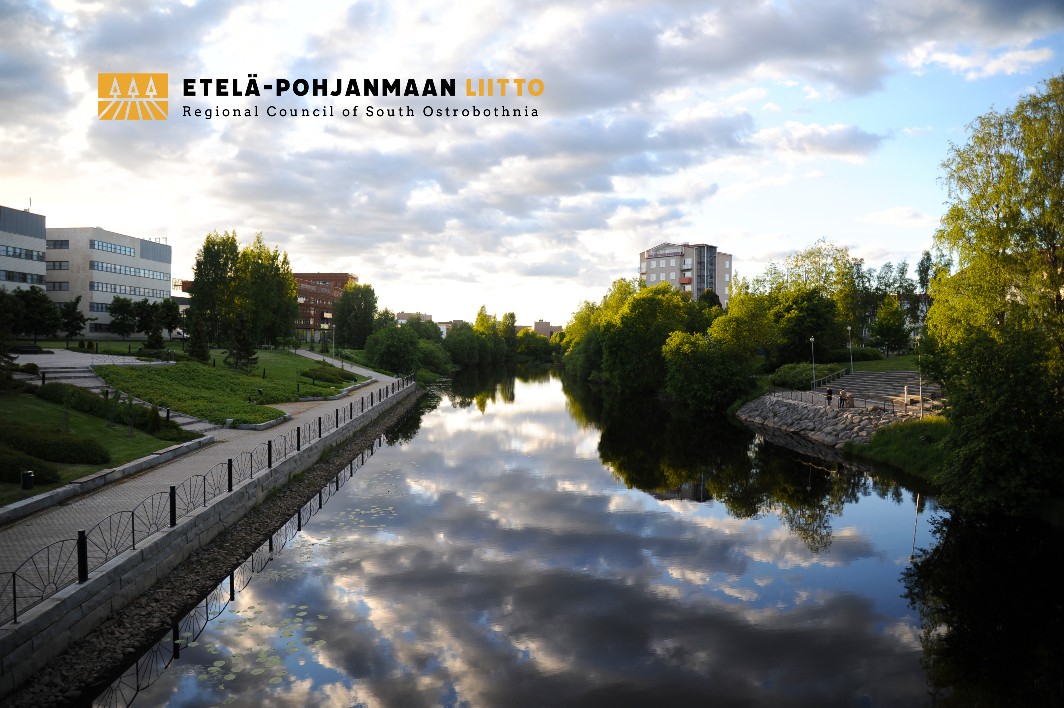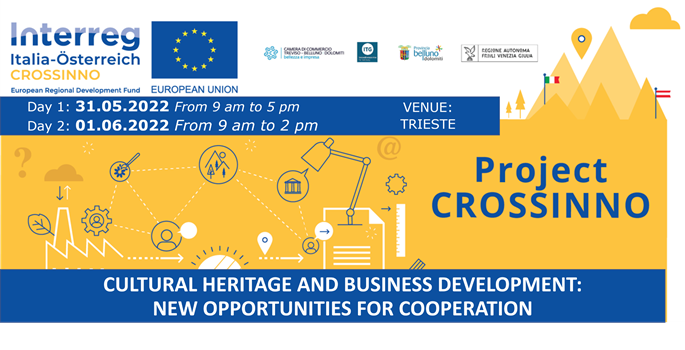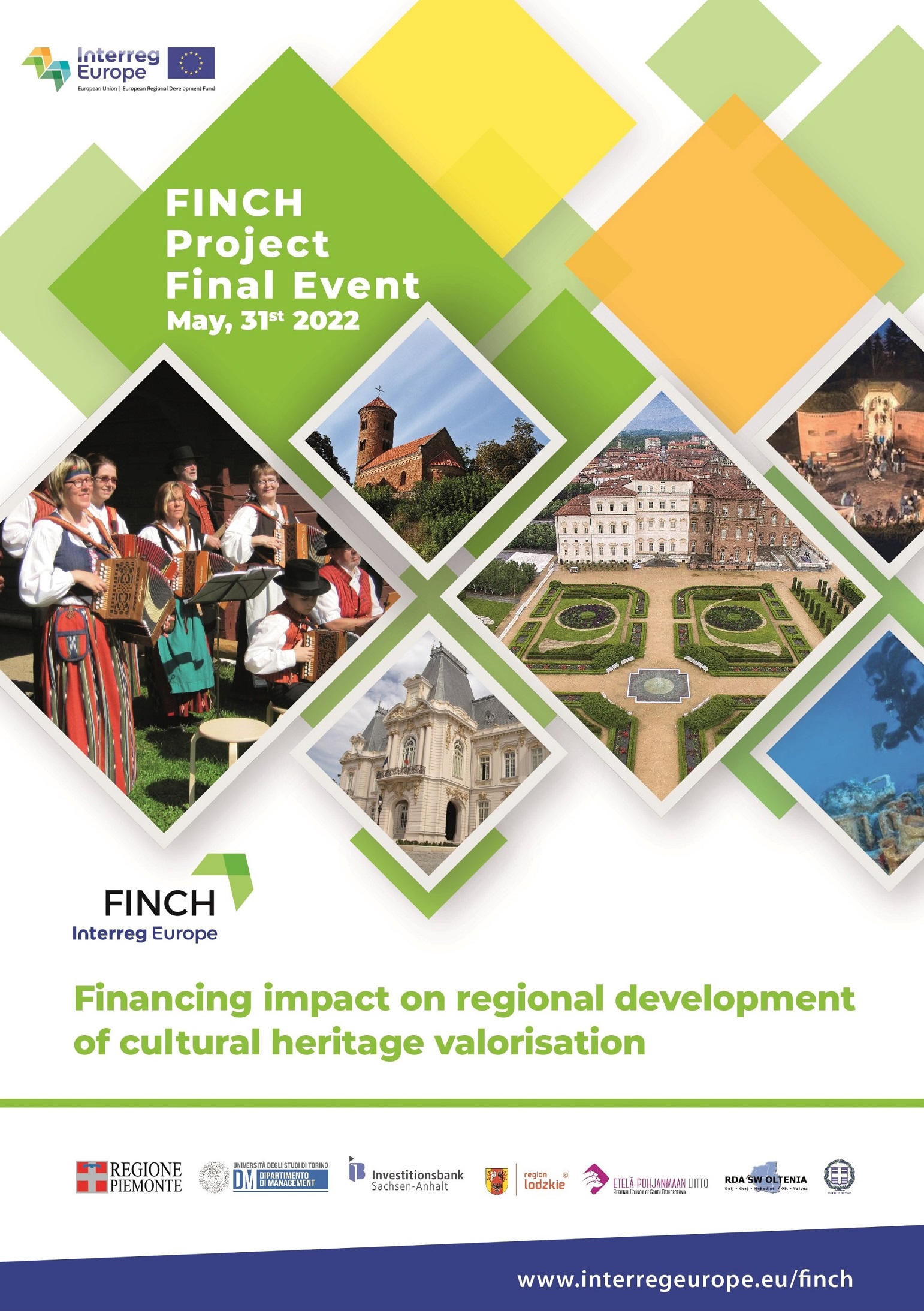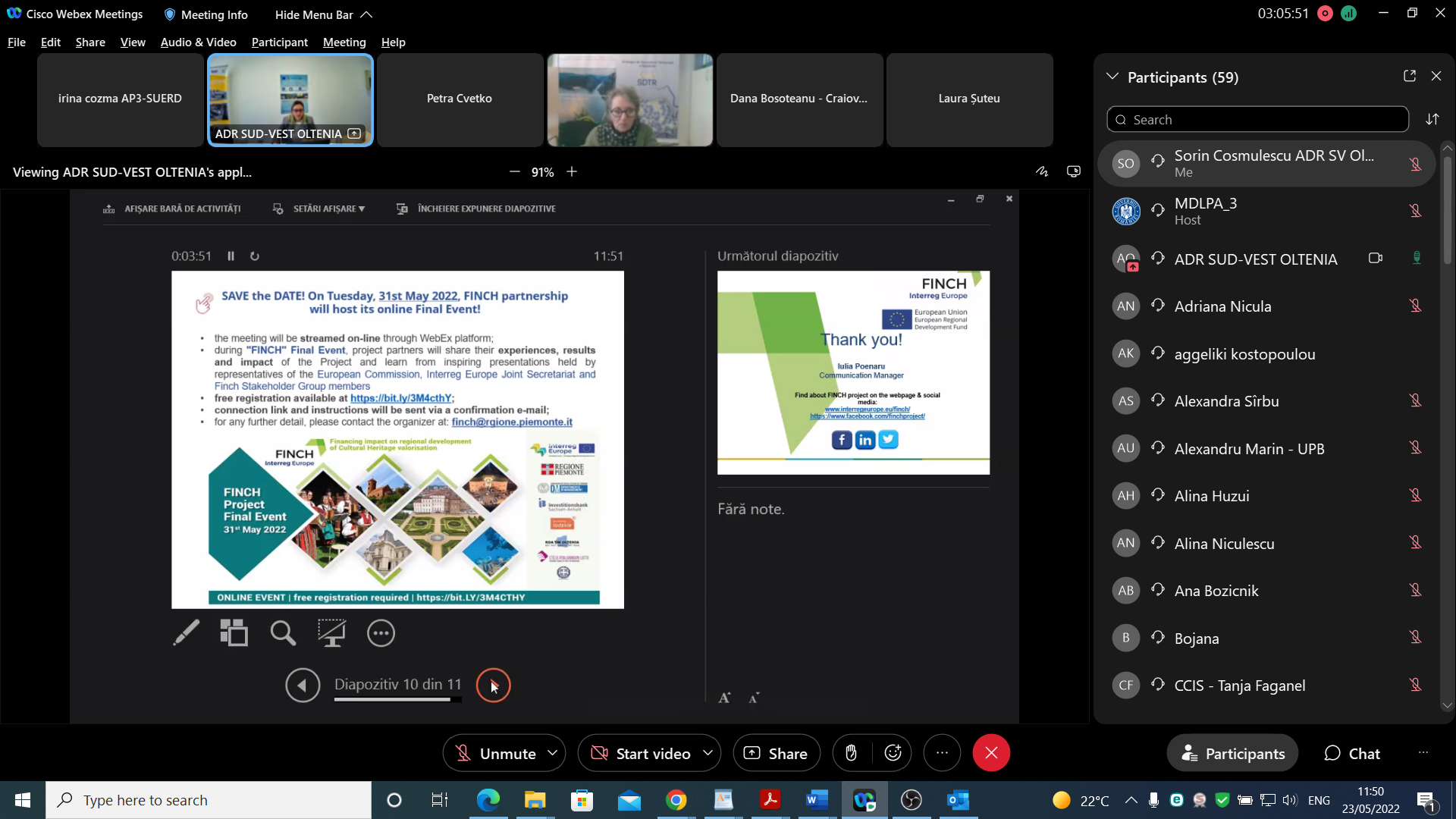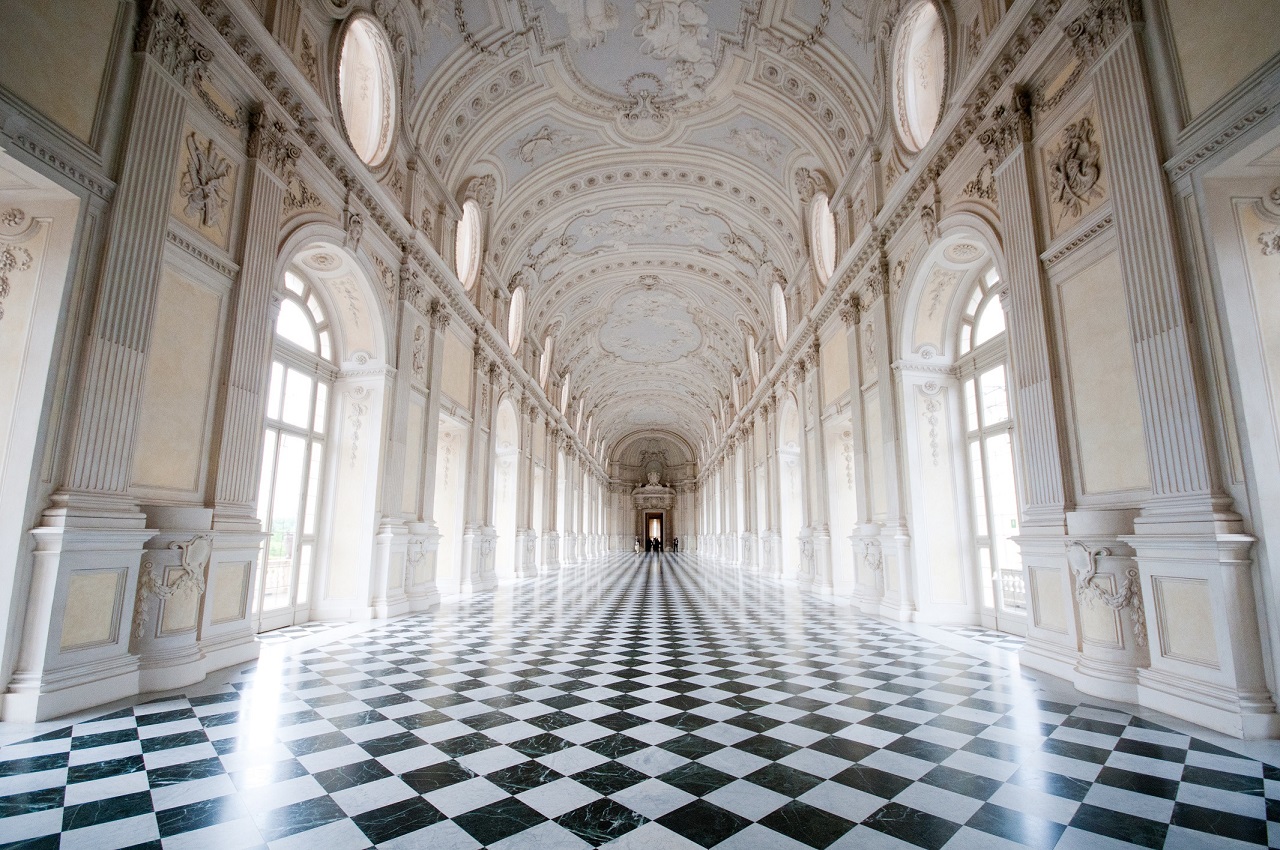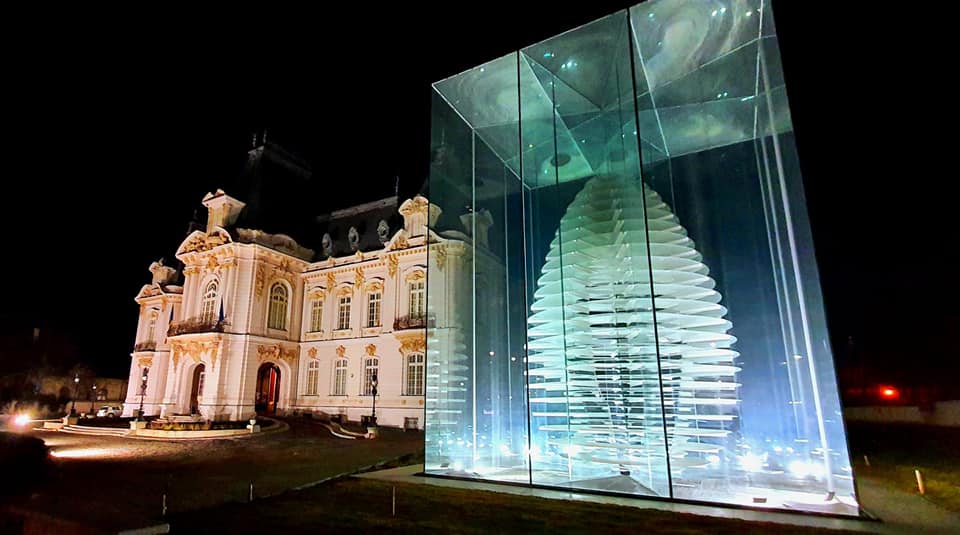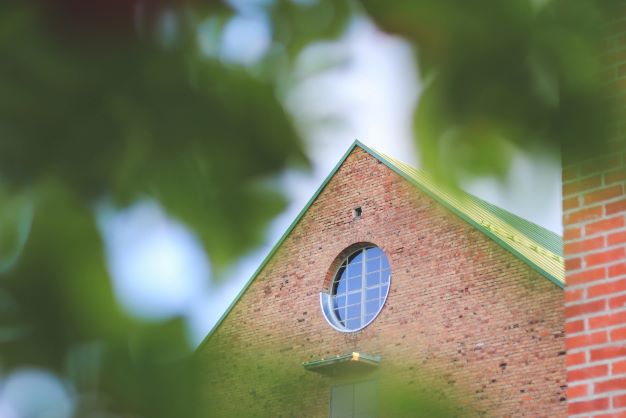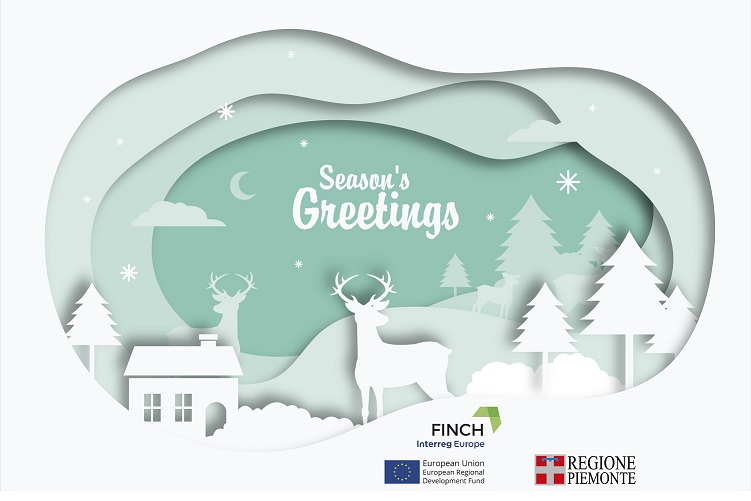The second meeting within the Polish Regional Stakeholder Group took place in Cultural Park "Town of Weavers" in the City of Zgierz, 7th of May, 2019.
The representatives of the Cultural Park , of Lodz House of Culture and - of course - of FINCH partner Lodzkie Region were discussing about the financing of the development of regional cultural heritage in a unique location of Poland, perfectly in line with FINCH aims and objectives!
Cultural Park "Town of Weavers" was established in 2003 to protect and preserve the unique urban layout of the City of Zgierz from the 20’ of XIX century, while creating a space fully adjusted to modern needs.
About 30 houses of weavers have been preserved in the Cultural Park: they were built for clothiers who came to the City of Zgierz with the intention of creating a model industrial city. Cultural Park provides guests with historic buildings, in which there are various institutions and associations offering residents and visitors a very attractive place for recreation, recalling the cultural heritage of the region.
The ‘Town of Weavers Culture Park’ is a project financed through EU’s European Regional Development Fund and through the Operational Programme “Łódzkie” for the 2007 - 2013 programming period - aiming at creating a regional brand using the cultural heritage of the region, and with a special focus on the historic wooden architecture of the city of Zgierz (to read full details on the project please read the article "Town of weavers - a brand promoting Łódź Province based on cultural heritage" hosted in EU regional policy database).
The participants discussed projects and obtaining external funds for the development of the Cultural Park, also in relation to the situation of other cultural institutions in the region. Undoubtedly, good practices and experiences of other FINCH project partners - Regional Council of South Ostrobothnia – Finland and South West Oltenia Region – Romiania - discussed during the meeting, will be useful in outlining development plans for the future by the cultural entities in the region.



